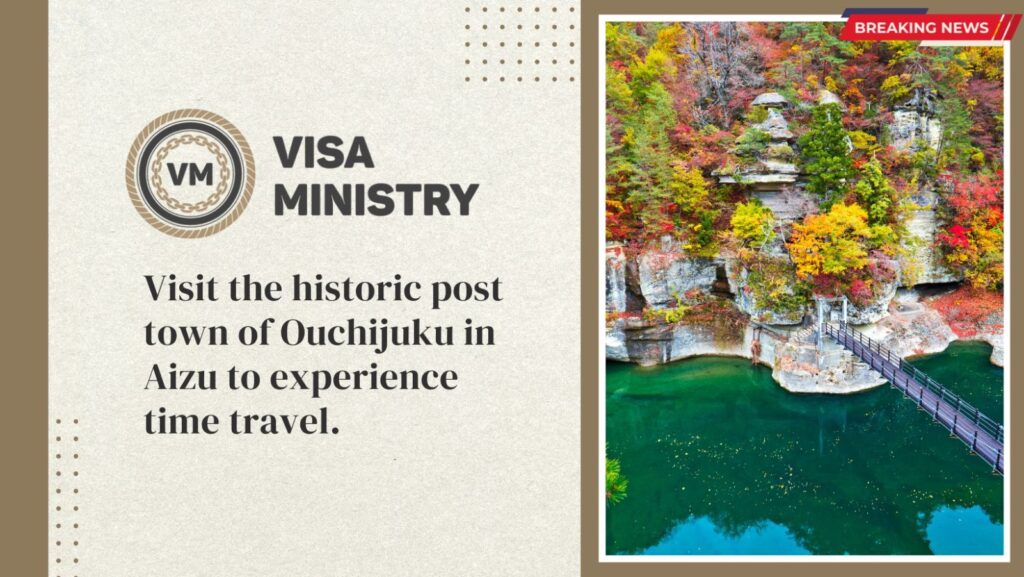A Torii shrine gate, a Tokyo skyscraper, and cherry blossoms in full bloom are among the sights that most visitors to Japan must see. Traditional streetscapes rank high on this list as well, and one of the best examples may be seen in Ouchijuku, a time-traveling town two hours from Tokyo that is quickly establishing a reputation as a top tourist attraction.
Located in the Aizu region, Ouchijuku flourished as a post town along an important trade route in the 17th century and continued to be a busy destination for tourists throughout the Edo era. In 1981, the town was declared an Important Historical Preservation District and restoration efforts started after a period of deterioration. The results are striking: the main street is lined with immaculate thatched Edo-style buildings and is devoid of the wires, pylons, neon, and noise that characterise contemporary towns. Here, history is very much alive.
A tutorial in sustainability and community may be found in Ouchijuku. Three fundamental principles—no leasing, no selling, and no destroying—have been outlined in the town charter by the residents. The goal is to protect Ouchijuku so that locals can continue to live there as well as a tourist destination. The Sustainable Development Goals (SDGs) of the UN serve as a guide for their actions, which include making sure new generations are taught traditional thatching techniques.
Must-Sees
While the main street alone can transport you back in time, there is much more to do. Get a panoramic view of the main street by climbing to the viewing platform atop Yudonosan hill. Visit the renovated Ouchijuku Honjin Machinami Tenjikan (Ouchijuku Main Inn Museum), which was formerly the city’s most opulent lodging option, to learn about the history of the place from a remarkable collection of tools and artefacts. Try your hand at making your own buckwheat noodles at the Soba Dojo in the Ouchijuku Food Hall. Exit the town core to find a wealth of natural beauty, including the Higurashi Falls, a forest park with a 1,000-year-old Zelkova tree, and the Kannonnuma Forest.
Source: traveldailymedia
